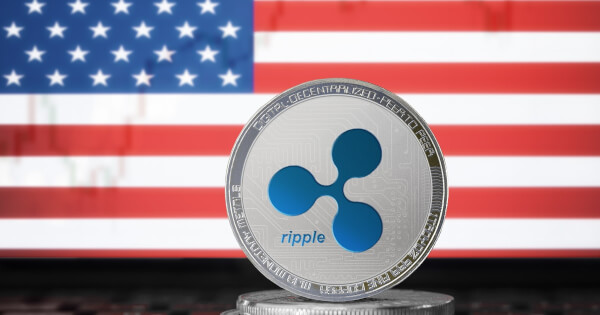
Jeremy Hogan, a lawyer at the legal firm Hogan & Hogan, has recently declared in a series of tweets that the digital asset known as XRP, which is owned by Ripple, is not a security since it does not meet the criteria for what is known as a “investment contract.” Hogan contends that the United States Securities and Exchange Commission (SEC) has not shown that Ripple is in violation of either an implicit or explicit investment contract in its action against the company. This is despite the fact that XRP might be regarded a security according to the definition of an investment contract.
Hogan notes that the SEC contends that the purchase agreement is all that is necessary to demonstrate that XRP is a security; nevertheless, this argument differentiates the “investment” from the “contract.” Hogan adds that the SEC contends that the purchase agreement is all that is required to demonstrate that XRP is a security. According to Hogan, a simple purchase cannot be considered a “investment contract” since there is no duty for Ripple to do anything other than transfer the asset. This is because there is no further consideration involved in the transaction.
The Securities and Exchange Commission (SEC) initiated legal action against Ripple in December 2020, alleging that the company unlawfully marketed unregistered securities in the form of its XRP coin. Ripple has long contested this allegation, stating that the Howey test, which is used to assess whether or not a transaction qualifies as an investment contract, does not apply to XRP. This test is used to establish whether or not a transaction qualifies as an investment contract.
Hogan further contends that each of the “blue sky” instances, which the Howey case relied on for defining an investment contract, featured some type of a contract pertaining to the investment, and that this was the case regardless of whether the case was decided in favor of the plaintiff or the defendant. According to Hogan, the most important question is not whether Ripple utilized the money from the sale of XRP to support its business, but rather whether the SEC has established that there was either an implicit or explicit “contract” between Ripple and XRP buyers pertaining to their “investment.” Hogan is of the view that the SEC has not proven that there was such a contract. As far as Hogan is concerned, there was never any such deal.
How the SEC will react to Hogan’s claims is something that has not yet been determined. On the other hand, his research offers a fresh point of view on the current legal struggle that is taking place between Ripple and the SEC. In the event that XRP is not regarded as a security, this development may have substantial repercussions for the direction that the cryptocurrency market is headed in the future.


